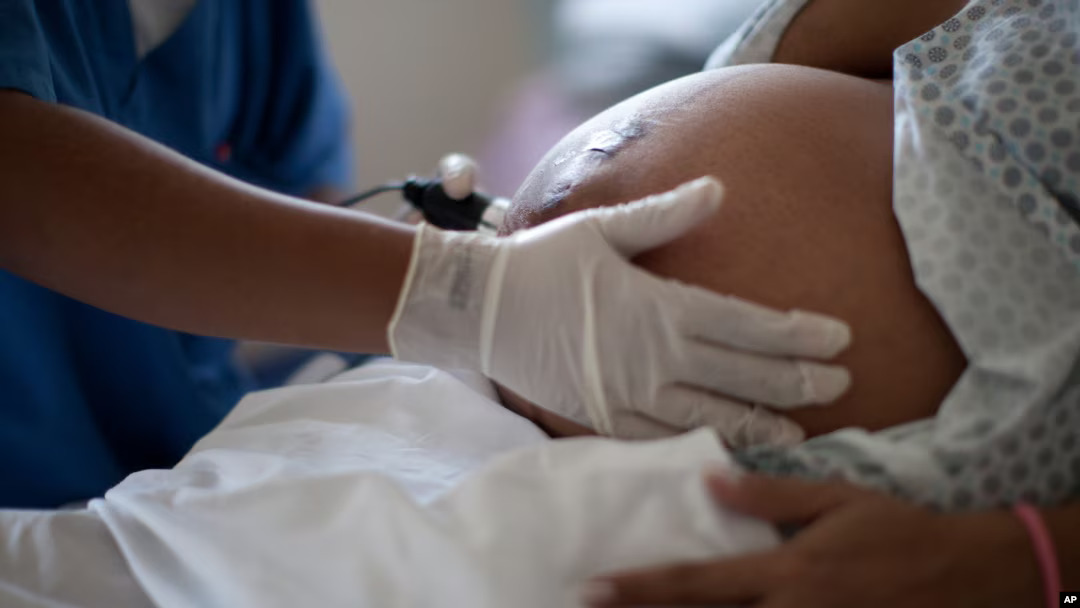Recent research on mice has shown a link between maternal viral infections during pregnancy and an increased risk of autism in offspring. Irene Sanchez Martin, a postdoctoral researcher at Cold Spring Harbor Laboratory, conducted experiments that suggest embryos exposed to maternal inflammation, such as that caused by viral infections, can experience developmental deficits.
Her research specifically examined the effects within 24 hours of exposure, providing a new perspective on how early these impacts might occur during fetal development.
Autism, a developmental disorder affecting how individuals learn, communicate, and interact, is estimated to affect one in 36 children in the United States. While its causes are not fully understood, experts believe a combination of genetics and environmental factors contribute.
Maternal immune activation, the concept that inflammation from infections during pregnancy may disrupt brain development in the fetus, has long been studied as a potential risk factor for autism. Sanchez Martin’s research adds a new layer of understanding by looking at the immediate impacts of this inflammation on embryos.

Sanchez Martin’s work, presented at the Society for Neuroscience conference in Chicago, focuses on how prenatal inflammation affects the developing brain, particularly in autism models. Her findings are significant because they highlight that while female embryos seemed protected from developmental deficits, male embryos were much more likely to be impacted.
This aligns with other studies showing that boys are nearly four times more likely to be diagnosed with autism compared to girls, as reported by the Centers for Disease Control and Prevention (CDC).
The research further supports earlier findings from other institutions, including the University of Michigan and the CDC, which linked congenital cytomegalovirus (CMV) infections to an increased risk of autism. CMV is a common viral infection that can trigger maternal immune activation, but it often remains unnoticed because it is symptomless during pregnancy and at birth.
Researchers are now advocating for routine screening of newborns for CMV to help detect these infections and potentially reduce the risk of autism associated with them.
Sanchez Martin hopes her work will lead to earlier identification of autism risk, potentially even before birth. By understanding the immediate effects of prenatal inflammation on the developing brain, it may be possible to intervene earlier, providing better outcomes for children at risk of autism. The study highlights the importance of considering environmental factors during pregnancy, such as viral infections, in understanding the onset of developmental disorders.
